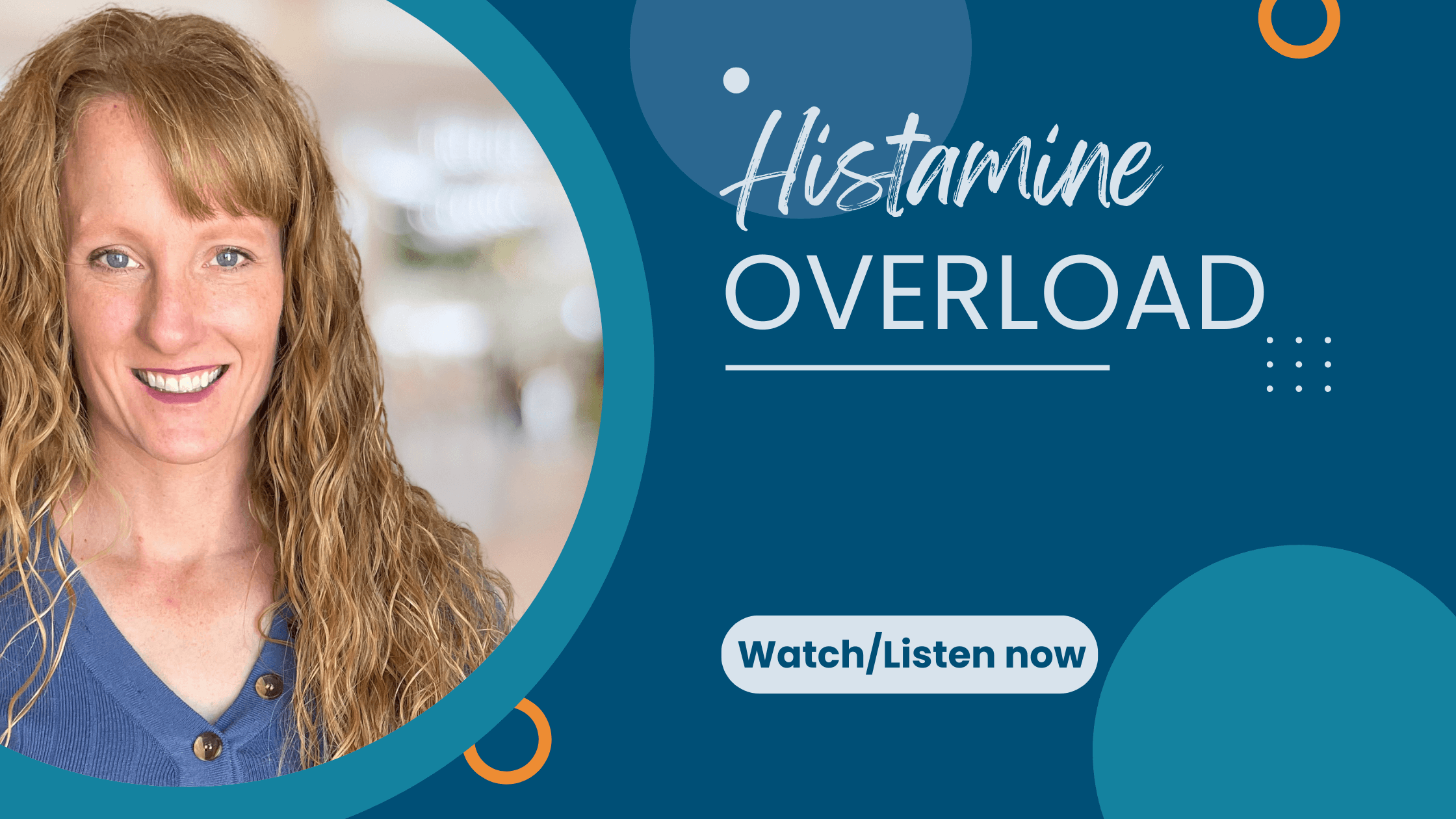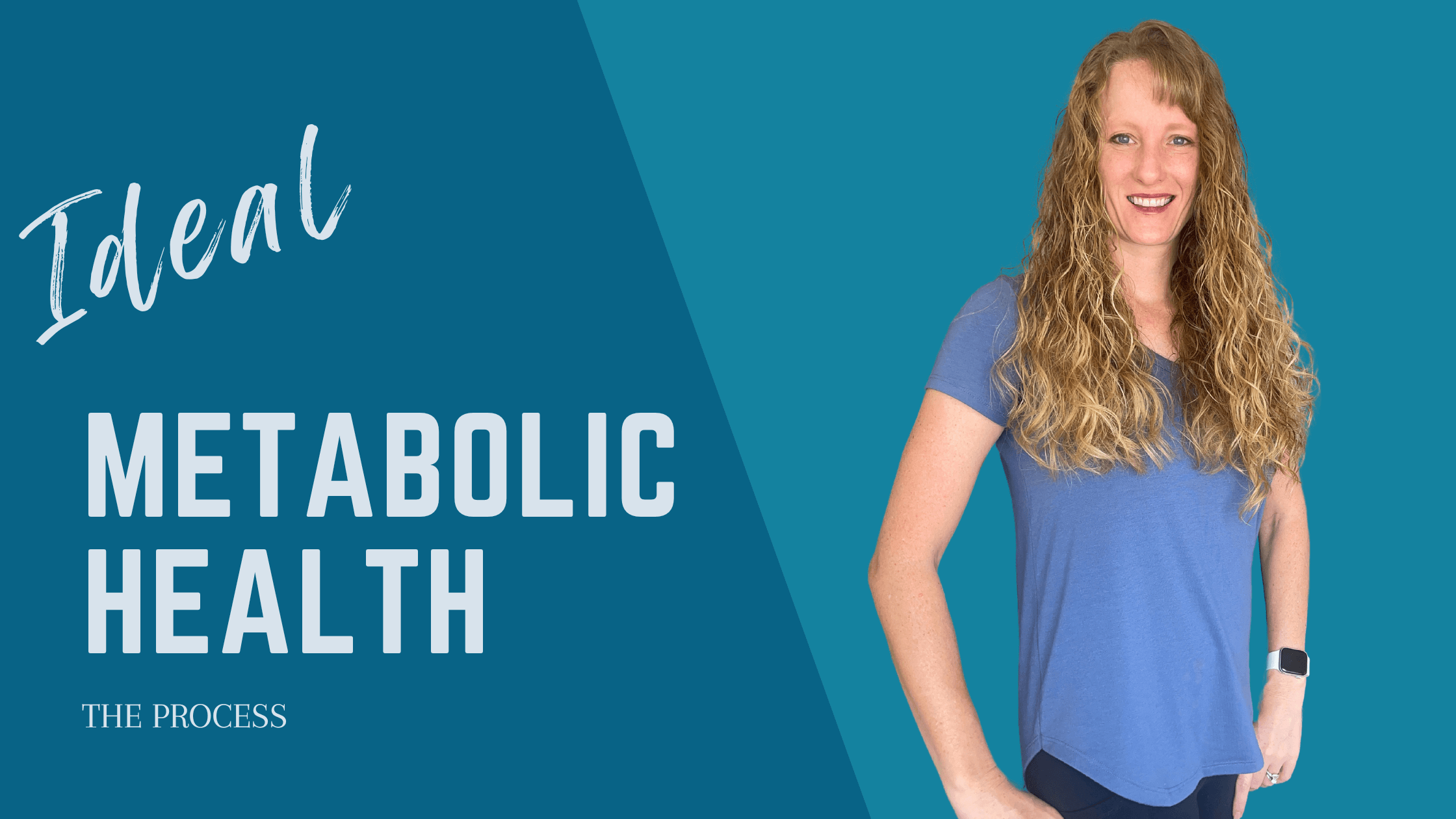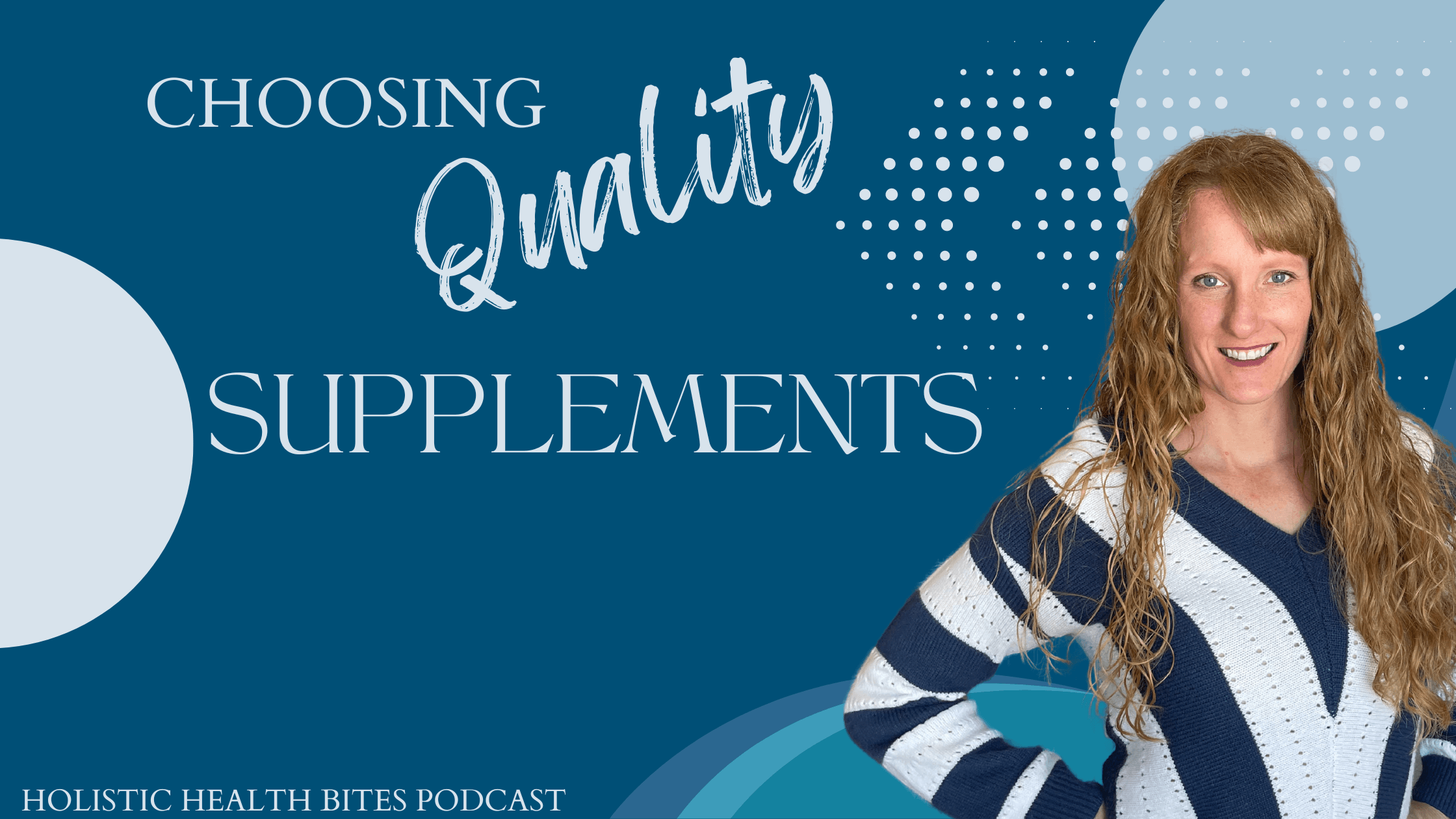
Histamine is an inflammatory mediator crucial for immune function, helping the body respond to threats like allergens and bacteria. However, issues arise when our bodies can't break down excess histamine, leading to histamine overload. This condition can result from high-histamine foods, natural internal production by immune cells, or contributions from the gut microbiome.
Our bodies use enzymes like Diamine Oxidase (DAO) and Histamine N-methyltransferase (HNMT) to process and eliminate histamine. DAO breaks down histamine from foods, with its effectiveness relying on factors like genetics and nutrient availability, while HNMT neutralizes histamine in the brain and central nervous system. Symptoms of histamine overload vary widely due to histamine receptors' presence throughout the body, potentially manifesting as mood changes, respiratory issues, skin reactions, and digestive disturbances.
Identifying histamine overload can involve various tests or trial approaches like adopting a low-histamine diet and monitoring symptom changes. High-histamine foods often include those that are aged or fermented, emphasizing the importance of diet management alongside enzyme supplements to reduce symptoms. Addressing underlying causes such as gut health and nutrient deficiencies can offer long-term relief, highlighting the benefit of working with health professionals to develop tailored strategies for managing histamine intolerance.
Read more...
Achieving ideal metabolic health requires following a methodical, step-by-step process. The journey begins by focusing on liver, detoxification, and gut health. These systems are crucial for processing nutrients, filtering toxins, and supporting immune function. Symptoms like constipation, skin issues, and inflammation indicate that detox pathways may need attention. The initial phase involves cleansing the digestive tract with quality nutrients while avoiding stressors like alcohol and refined sugars. By doing so, you spark metabolic function and reduce inflammation.
Next, it's essential to "feed the metabolic fire" by adjusting food combinations and increasing nutrient intake, especially for those with a history of dieting. This phase focuses on muscle building, hormone regeneration, and overall tissue repair, supported by a protein-rich and diverse diet. While exercise can be moderately increased, the focus remains on healing and reducing stress.
The final stages involve fine-tuning body composition and fasting. Balancing blood sugar, insulin, and sex hormones prepare the body for targeted fat loss and muscle gain, while proper nutrient plans are introduced. Lastly, various types of fasting can help break food addictions, repair cells, and improve immune function, culminating in a sustainable, healthy metabolic state.
Read more...Next, it's essential to "feed the metabolic fire" by adjusting food combinations and increasing nutrient intake, especially for those with a history of dieting. This phase focuses on muscle building, hormone regeneration, and overall tissue repair, supported by a protein-rich and diverse diet. While exercise can be moderately increased, the focus remains on healing and reducing stress.
The final stages involve fine-tuning body composition and fasting. Balancing blood sugar, insulin, and sex hormones prepare the body for targeted fat loss and muscle gain, while proper nutrient plans are introduced. Lastly, various types of fasting can help break food addictions, repair cells, and improve immune function, culminating in a sustainable, healthy metabolic state.

The supplement industry is a vast, nearly $200 billion global market that varies widely in quality, benefit, and risks. While supplements can significantly aid in achieving health goals such as improving fitness, rebalancing nutrient deficiencies, and eliminating harmful microbes, they are not a cure-all solution. It's crucial to use them strategically and aim to reduce dependence on them over time.
Choosing the right supplements is essential, as low-quality products can be ineffective or even harmful. Consumer-grade supplements, often found in local stores and online, may contain proprietary blends, synthetic nutrients, fillers, and hidden ingredients that are inconsistently dosed and potentially contaminated. On the other hand, pharmaceutical-grade supplements, available through reputable suppliers, are stringently tested for purity, bioavailability, and accurate dosing, ensuring a higher and safer quality.
When purchasing supplements online, it's important to buy directly from manufacturers or verified suppliers to avoid counterfeit products. Third-party certifications such as NSF, Non-GMO Project Verified, and US Pharmacopeia can help identify high-quality supplements. Remember, supplements should be used as necessary, much like medications, to support the body's natural healing processes.
Read more...
New research suggests that imbalances in the gut microbiome could be contributing to obesity. A comprehensive meta-analysis of 15 studies examining fecal samples from 3,329 people found significant differences in microbial species and metabolic pathways between obese and non-obese individuals. These alterations, including a reduction in short-chain fatty acid-producing microbes and a shift in the firmicutes-to-bacteroidetes ratio, can disrupt metabolism, fat production, and hunger signals, potentially leading to overeating and chronic inflammation.
The gut-brain axis plays a crucial role as well; improper signals from the gut to the brain can result in persistent hunger and cravings, despite adequate nourishment. Alterations in the gut microbiome can also lead to leaky gut syndrome, impairing immune function, increasing inflammation, and contributing to insulin resistance. Moreover, environmental toxins and ultra-processed foods can exacerbate these issues by damaging the intestinal lining and altering body fat production mechanisms.
Addressing these gut imbalances can range from dietary changes and lifestyle adjustments to medical procedures like fecal transplants. Many individuals see significant improvements in health without pharmaceutical intervention by focusing on whole foods, eliminating toxins, and using natural supplements. Understanding and targeting specific microbial imbalances can be instrumental in overcoming obesity and related health challenges.
Read more...
This episode of the Holistic Health Bites Podcast explores the multitude of benefits associated with fasting. One of the standout advantages is insulin regulation; fasting significantly reduces blood insulin levels by allowing the body a break from constant digestion. This rest period also aids in reducing inflammation and oxidative stress, promoting better overall health and lowering the risk of chronic diseases.
Fasting also contributes to improved heart health by normalizing blood pressure and reducing triglycerides, positively impacting heart disease, the leading cause of death globally. Additionally, periods of fasting can facilitate damaged tissue repair, as the digestive organs rest and energy is redirected toward cellular regeneration and repair. Enhanced brain function is another benefit, with people often experiencing clearer minds and improved memory during fasting periods.
Other notable benefits include greater appetite control, potentially lower cancer risks, higher levels of Human Growth Hormone (HGH), and a more robust immune system. Fasting also triggers autophagy, a process where the body regenerates at a molecular level, which plays a crucial role in antiaging. These combined benefits suggest that fasting has a cumulative positive effect on overall health and longevity.
Read more...Fasting also contributes to improved heart health by normalizing blood pressure and reducing triglycerides, positively impacting heart disease, the leading cause of death globally. Additionally, periods of fasting can facilitate damaged tissue repair, as the digestive organs rest and energy is redirected toward cellular regeneration and repair. Enhanced brain function is another benefit, with people often experiencing clearer minds and improved memory during fasting periods.
Other notable benefits include greater appetite control, potentially lower cancer risks, higher levels of Human Growth Hormone (HGH), and a more robust immune system. Fasting also triggers autophagy, a process where the body regenerates at a molecular level, which plays a crucial role in antiaging. These combined benefits suggest that fasting has a cumulative positive effect on overall health and longevity.
















